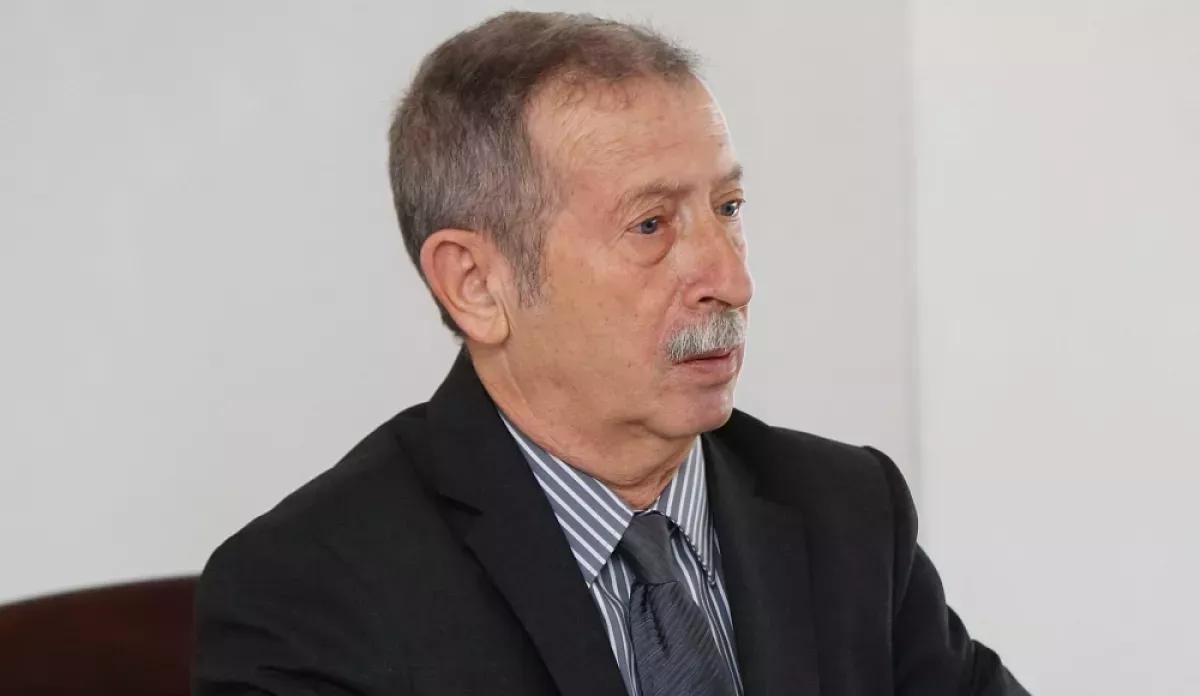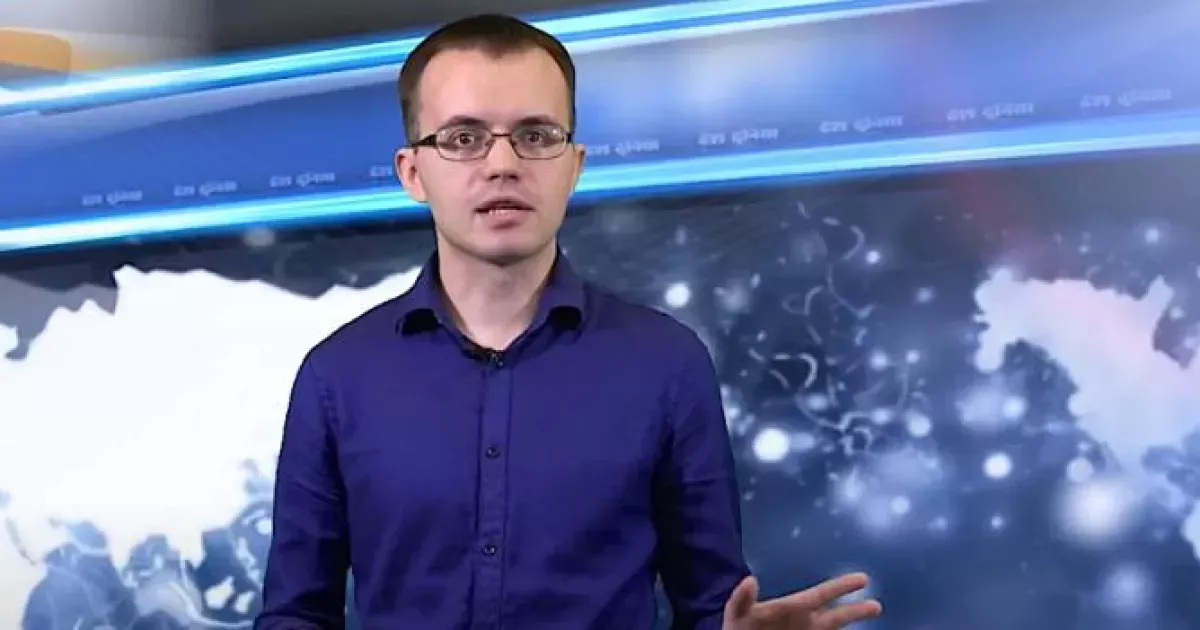Trump 2.0: Iran prepares for worst-case scenario Expert opinions
Donald Trump plans to radically tighten sanctions against Iran in response to its support for militants in the Middle East. The anti-Iran campaign of the new administration could be even harsher than during Trump's first term and may include measures against China aimed at undermining Iran's oil exports.
The new team will act quickly to hit Iran’s oil revenue and will include sanctions against traders delivering the oil and foreign ports receiving it. This was reported by The Wall Street Journal, citing sources familiar with Trump’s plans and who have spoken with his top advisers. “I think you are going to see the sanctions go back on, you are going to see much more, both diplomatically and financially, they are trying to isolate Iran,” a former White House official said. “I think the perception is that Iran is definitely in a position of weakness right now, and now is an opportunity to exploit that weakness.”
The US is reportedly preparing a new wave of sanctions on Iran, partly in response to Iran’s alleged plot to assassinate former President Trump and his national security advisors. In August, US authorities charged a Pakistani national linked to Iran who allegedly arrived in New York in April with plans to recruit operatives for the assassination attempt. This plot was said to be in retaliation for Trump’s 2020 drone strike that killed Qasem Soleimani, Iran’s head of covert military operations.
Trump has vowed to “isolate Iran diplomatically and weaken them economically so they can’t fund all of the violence” carried out by Hamas, Hezbollah, Yemen’s Houthis, and other militant groups active in Iraq and Syria. This pledge was reinforced by Brian Hook, who led Iran policy at the State Department during Trump’s first term and is now overseeing the transition at the department, in an interview with CNN.
But how strong is Trump’s commitment to a new sanctions offensive against Iran? Could these measures undermine Iran’s ability to act aggressively against Israel and support its network of regional proxies?
Foreign experts shared their insights on these questions with Caliber.Az.

Dr Vladimir Mesamed, an expert on Iran and Central Asia, lecturer at the Institute of Asian and African Studies at the Hebrew University in Jerusalem, notes that Iranians have already experienced Trump’s first term from 2016 to 2020, the initial years following the signing of the nuclear deal, from which Trump promptly withdrew.
“In recent days, Iranian media have highlighted that the past four years have been relatively calm in terms of US-Iran relations. However, Iran is now preparing for the return of Trump’s ‘maximum pressure’ strategy, which he pursued in his first term to try to collapse Iran’s oil revenues while sparing the global market,” Mesamed explains. “They remember that it was under Trump’s orders that Qasem Soleimani, the second most powerful figure in Iran and a pillar of Iran’s regional influence, was killed. Iranians now understand that Trump has both the motivation and means for a renewed offensive against the Islamic Republic.”
According to Mesamed, Trump sees that despite his previous efforts, including the dismantling of the nuclear deal, Iran has continued its push toward developing nuclear weapons and has made certain advancements.
“I believe Trump will adopt a very serious policy aimed at curbing Iran’s support for its proxy groups,” Mesamed explains. “He will likely focus on removing Tehran’s incentives for aggressive actions toward Middle Eastern countries, as he is now committed to strengthening the alliance with Saudi Arabia. Trump is showing a renewed determination to counter Iran, and his recent statements indicate he is not just talking — he intends to act,” Mesamed asserts.

American political analyst Andrew Korybko suggests that Trump’s main strategy this time around seems to be: 1) bringing the Ukraine conflict to a close as soon as possible; 2) ending wars in Western Asia; 3) “pivoting back to Asia” to more assertively contain China; 4) reimposing tariffs to stimulate domestic industry; and 5) enhancing border security alongside mass deportations.
“Getting bogged down in wars in Western Asia would be counterproductive to these goals, so Trump is expected to rely on diplomacy, sanctions, and possibly occasional targeted strikes to push Iran and its allies toward a ceasefire with Israel. He also wants to avoid encouraging Israel to escalate, as this could risk dragging the US into regional conflicts,” Korybko explains.
He notes that Iran harbours resentment toward Trump due to his withdrawal from the Joint Comprehensive Plan of Action (JCPOA) - the “nuclear deal”, his staunch support for Israel during his first term, and his order to kill General Soleimani.
"But Iran also has natural instincts for self-preservation," Korybko explains. "At the same time, its political landscape is split between 'moderates'/'reformists' and 'hardliners'/'principalists.' The US can pragmatically engage with the former, while the latter oppose de-escalation and seek to implement their own ‘maximum pressure’ strategy against the US and Israel."
"As a result, no one can confidently predict which of these two factions will prevail in shaping Iran’s policy toward Israel and the US under a new Trump administration," the political analyst says.
Korybko adds that there is also a chance Israel might cross another of Iran’s “red lines,” potentially provoking a retaliatory strike that Trump could interpret as an act of aggression, thereby risking US involvement in regional conflicts depending on the severity of the incident.
“If there’s no military escalation, sanctions alone might suffice to exert further pressure on Iran, though there’s no guarantee they’ll lead to political concessions from the Islamic Republic. They could even backfire, emboldening the ‘hardliners’ or ‘principalists’ — maybe not immediately, but over time. The IRGC might also continue engaging in regional ‘shadow wars’ that stay below Israel’s or the US's red lines, avoiding conventional retaliation against Iran,” Korybko concludes.








